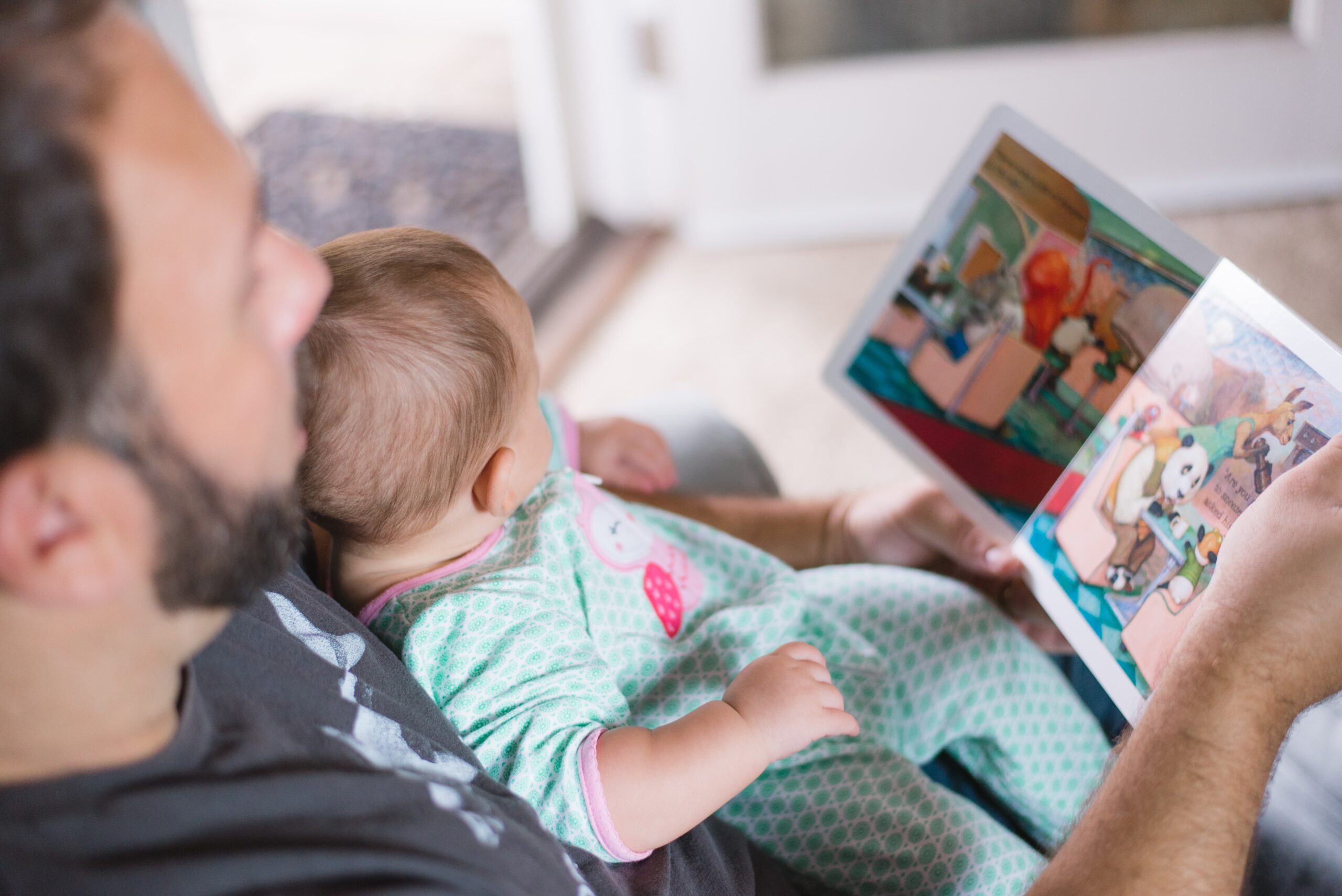
Updated CDC milestones for speech
You may have heard the CDC updated the developmental milestones in 2022, including speech milestones. But what do these updates mean? And with different answers from speech therapists, pediatricians, and your neighbor down the street, no wonder it’s confusing trying to figure out if your little one “needs” speech therapy or not!
In this post, we’ll break down what’s a milestone, what’s an average, and when to reach out to a speech therapist.
What’s a milestone?
A milestone represents a skill that a certain percentage of children are expected to achieve at a given age. The biggest change in the 2022 CDC milestone updates was that criterion was changed to 75%. In other words, the cutoff of 25% was used as the indicator for further speech screening or testing. Speech therapists were not consulted regarding the updated communication milestones.
What is an average?
Speech therapists tend to use averages as base decisions on that. That’s why the CDC’s answer for a question such as, “How many words should my toddler say?” may be different from what a speech therapist says. This discrepancy can lead to children who could benefit from a speech therapy referral not getting identified early and not receiving the support they need.
So how different are they?
A new study by Megan Roberts and her colleagues (2023) looked at exactly this question. Here’s what they found: When the authors compared the number of words recommended by the CDC milestones (one or two words besides mama or dada at 15 months, three or more words besides mama or dada at 18 months, 50 words at 30 months) to the most commonly used and validated parent-report instrument of expressive vocabulary, called the MacArthur–Bates Communication Development Inventories. (Fenson et al., 2007) the percentile rank for each of these milestones was closer to 85% of littles ones demonstrating that skill.
According to the authors of the study, “In other words, while the goal of the CDC milestones is to indicate when 75% of children have acquired a particular skill, data from the CDI suggests that none of the selected CDC expressive vocabulary milestones meet that goal. Rather, these milestones indicate when 85% or more of children have acquired that skill.”
The authors also looked into the exact resources that were cited by the CDC for the new milestones. Here’s what they found: Of the 6 sources cited at basis for the changes, majority of the sources did not support these milestones and actually supported these milestones being met earlier. Here’s what they found:
By Milestone:
15 Months: 1 or 2 words besides “mama” and “dada”
5/6 of the papers suggest that this milestone may be met between 7 and 14 months (Ertem et al., 2018; Lancaster et al., 2018; Tamis-LeMonda et al., 1998).
Milestone: 18 Months: 3 or more words besides “mama” and “dada”
5/6 of the papers reported data for the 50th percentile and suggest that, at this threshold, the milestone may be reached between 13 and 16 months (Ertem et al., 2018; Lancaster et al., 2018).
Milestone: 30 Months: 5o words
No research was found to support this milestone and one paper Tamis-Lamonda et al. (1998) suggested that the mean age of acquisition for 50 words is 17.9 months.
What does this mean?
We know the earlier little ones receive support, the better. By age 3, most of the major circuits of the brain are mature and it becomes much harder to make changes. The first three years are critical for development and when the brain is most sensitive to making changes.
The CDC milestones are used frequently by pediatricians as a guideline for when to refer for speech therapy. Knowing these guidelines may not be representative of what we actually expect in terms of speech and language development means that if you have concerns regarding your child’s development, you may have to be the advocate for your child and be the one to voice your concerns.
What can you do if your have concerns about your toddler’s speech development?
- Reach out to a speech therapist near you: Look for someone who specializes in early speech and language
- Reach out to Early Childhood Intervention: ECI is available in every state and provides free speech therapy to those who qualify
- Get started with speech therapy strategies at home. Check out my Big Little Talkers Course to learn step-by-step how to help your toddler say more, get frustrated less, and off to the best possible start with speech and language development.
References:
Roberts et al. 2013. What the Evidence Does (and Does Not) Show for the Centers for Disease Control and Prevention Child Development Milestones: An Illustrative Example Using Expressive Vocabulary Journal of Speech, Language, and Hearing Research Vol. 66 3622–3632 September 2023





